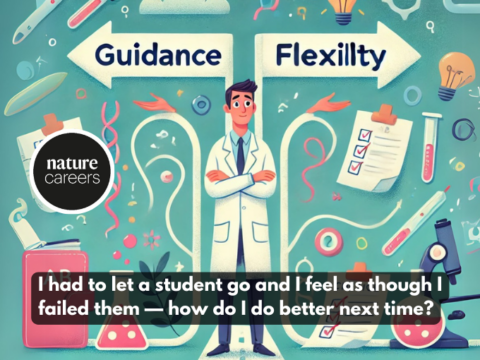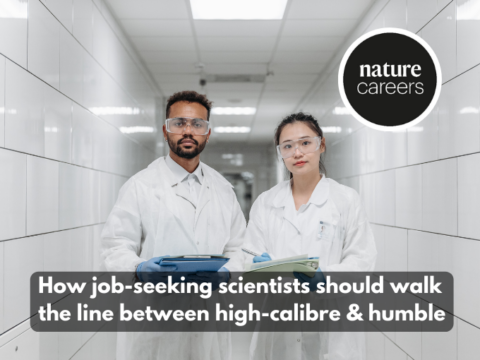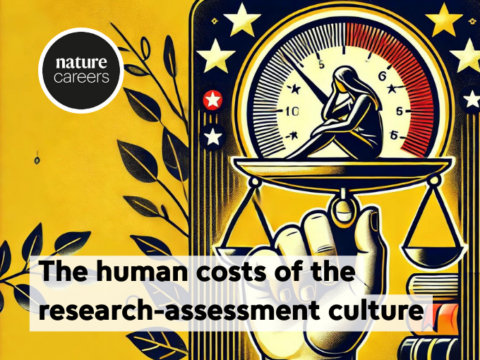A major obstacle for all jobseekers in the application process, regardless of industry, is not knowing what it’s like to work at an organization.
From perceived skill gaps to the fear of the unknown (and the comfort zone conundrum), to unanswered questions about culture, purpose, and work-life balance, a lack of insight can impede scientists from applying for your job vacancies.
A 2022 Nature Careers survey of 3,200 PhD and Masters students revealed that less than half (48%) of respondents would prefer, ultimately, to work in academia. This was down from 56% in 2019, when Nature last surveyed PhD students. In 2022, 28% wanted to work in industry, 9% in government. 8% in the medical sector, and 7% in non-profit institutions.
Of those unlikely to work in academia:
- 66% cited a lack of work-life balance as a key reason
- 42% said academia is too demanding
- 42% didn’t enjoy the research culture
- 33% stated that there’s too much administrative work

When asked what PhD and Masters students need for a satisfying career, 53% responded with better information about career opportunities, and 40% mentioned mentorship.

One solution:
One solution you can pursue to overcome jobseekers’ information void is to tell your employer brand story.
Using content, you can show jobseeker scientists who you are, what you stand for, and what a career with you can look like (as well as how you differ from other employers in the field).
If recruiting with Nature Careers, an Enhanced Employer Profile on our Nature Careers jobs website is a chance to tell your employer story, enriched with your images and videos.
You can also work with our expert team of writers and editors to tell your employer story in highly engaging Branded Content articles or videos on Nature.com.
Things to consider showcasing in your employer content include: your company culture, work-life balance, opportunities for advancement, professional development, job security, diversity and inclusion, ethical and social responsibility, as well as your organization’s reputation and growth.
By sharing your employer brand story, you can remove a sizable hurdle for jobseekers, and encourage more applications for your vacancies.
The article was published on the Nature Careers webiste on the 26th September – see the original and more: https://www.nature.com/naturecareers/article/what-stops-scientists-from-applying-for-roles

 Print This Post
Print This Post




